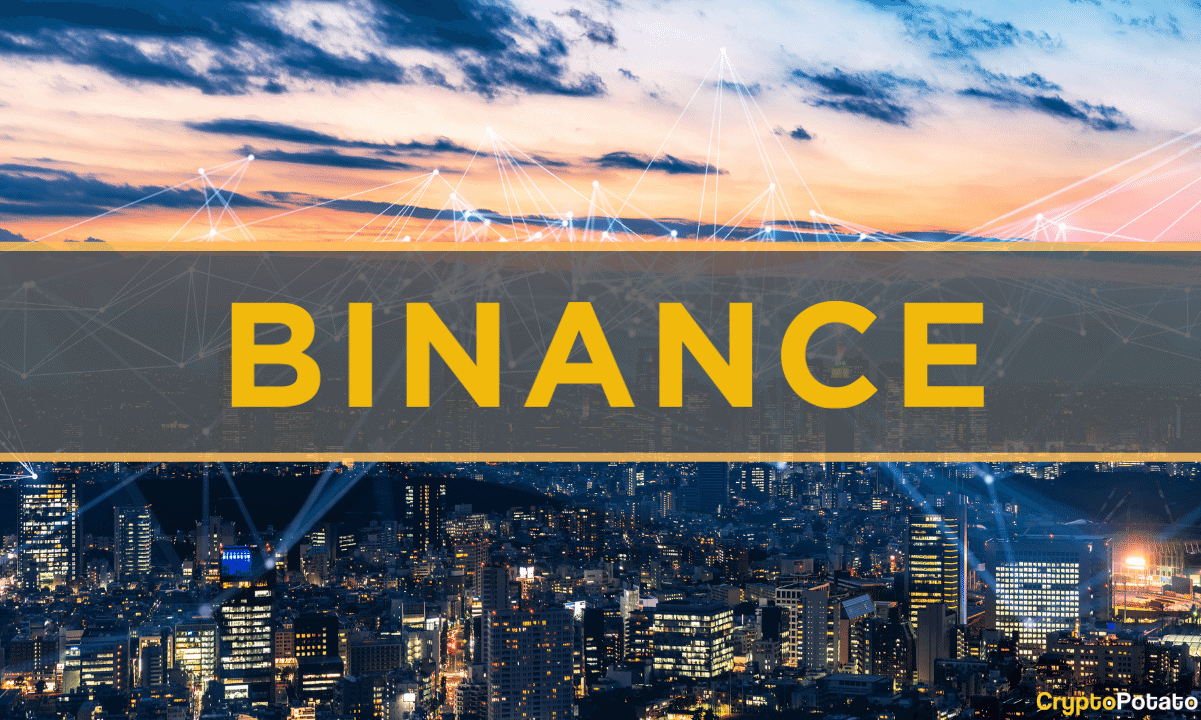
Cryptocurrencies are gradually becoming an integral part of the global financial market, with about 100,000 people joining the crypto space daily. Crypto exchanges are the first entry point for many new users as many of these platforms usually allow them to purchase their first crypto asset with fiat.
Cryptocurrency exchanges have evolved over the past decade, and today, they are treated and regulated as financial institutions. Therefore, they are expected to comply with Know Your Customer (KYC) and Anti-Money Laundering (AML) rules.
KYC helps a regulated crypto exchange confirm the identity of its customers, verify the legality of their activities, and determine money laundering risks. Having this knowledge will help the trading platform to protect its customers better.
While many exchanges thrive on implementing these requirements, Binance is at the forefront of KYC and AML compliance.
KYC and AML Standards on Binance
Binance is the world’s largest cryptocurrency exchange by user base and transaction volume. As a result, the company is always making conscious efforts to strengthen user protection, risk management protocols, and overall security.
The exchange is committed to providing users with a fully compliant crypto platform. Hence, it has built a robust compliance system that implements AML and counter-terrorism financing (CFT) standards to root out suspicious activities on its platform.
For this reason, all users must complete a three-step KYC process to become “Verified” Binance customers before being able to access the company’s full products and services.
The first step of the KYC process is straightforward and requires users to provide basic information. The second step is customer due diligence, which involves a user background check for a risk assessment. The third and final step involves ongoing monitoring to ensure that the KYC information is up to date, allowing the system to scrutinize future transactions that may appear suspicious.
Binance employs several sophisticated techniques and industry-grade tools to detect and address money laundering issues within the crypto space. The exchange has invested heavily in its compliance program, including engaging with various third-party compliance vendors in the industry and hiring top talent with deep roots in compliance.
The company currently works with some of the biggest KYC/AML tools and vendors, including CipherTrace, Elliptic, WorldCheck, Jumio, and Onfido.
Why Binance Supports Stronger KYC
Binance has implemented a robust KYC requirement for the following reasons:
Better Security
Adopting stronger KYC processes allows Binance to provide enhanced security for its users. It does this by verifying the identity of individuals using its platform, enabling it to assess and identify potential risks to user protection.
These safeguards create a more secure trading environment as it prevents criminals from using the exchange for money laundering and other illegal activities. As a result, Binance users are shielded from the risks these bad actors pose to the platform.
Enhanced Reputation
The exchange is determined to create a secure trading environment for users and improve its interactions with global regulators and institutions.
Sufficient KYC processes ensure a smoother working relationship with banks, payment providers, and other partners in the broader financial sector. This creates room for more innovation and cooperation in the future.
Global Compliance to Boost Adoption
Binance recognizes that the most crucial aspect of KYC and AML processes is the trust and assurance that crypto exchanges can operate safely on the global stage. With regulators’ confidence, it encourages mainstream crypto adoption and exploration of real-life use cases via compliant new products and services that help grow the freedom of money.
Pushing for Global Recognition and Licensing
Binance is focused on providing the best products and services to its users. This includes collaborating with global regulators and authorities to encourage acceptance.
With its robust compliance practices, Binance meets the requirements of regulatory bodies across the globe, allowing it to form critical partnerships that serve users and promote the mainstream adoption of cryptocurrencies and blockchain technology.
To demonstrate its commitment to compliance, Binance has received regulatory recognition from several global regulators. The company is registered as a digital asset service provider in France and Italy.
Binance is also gaining approval from regulators in the Middle East. The exchange has received a Virtual Asset License from the Virtual Asset Regulatory Authority in Dubai. In Bahrain, it has been granted a Category 4 license as a crypto asset service provider. The company has also received in-principle approval for a Financial Services Permission in Abu Dhabi.
This article first appeared at CryptoPotato